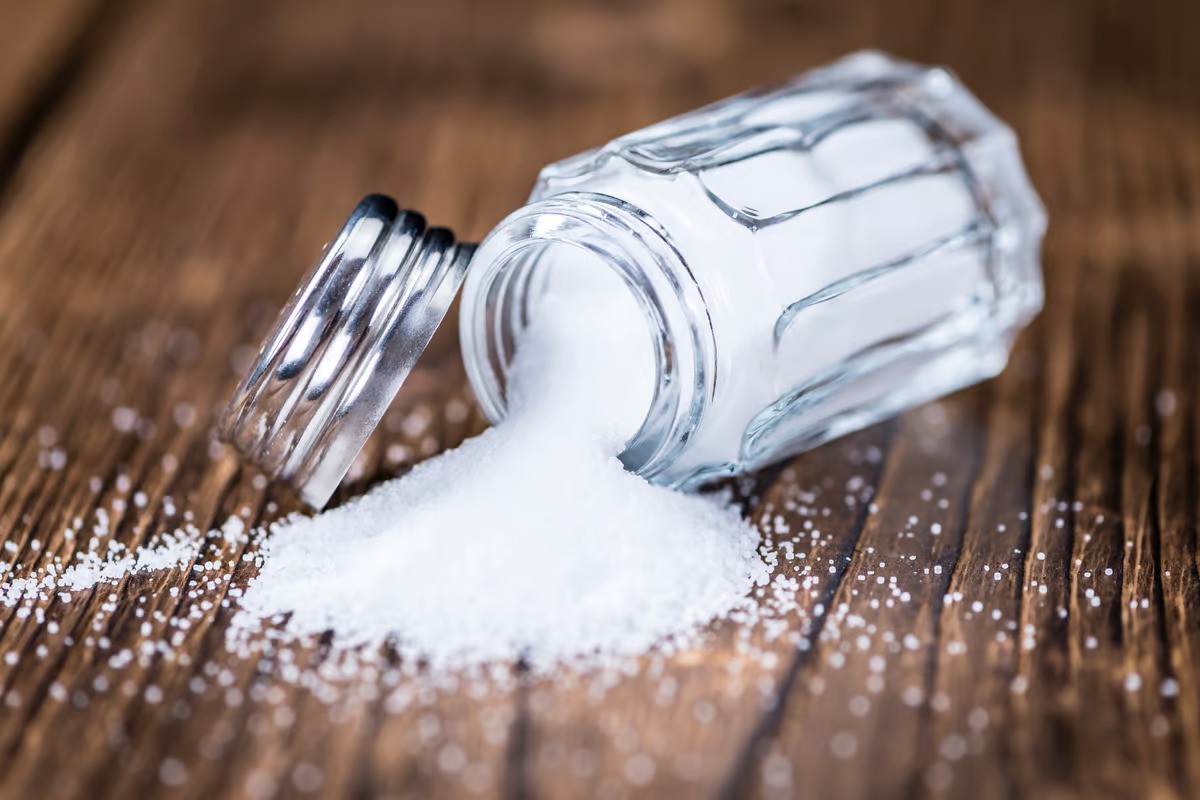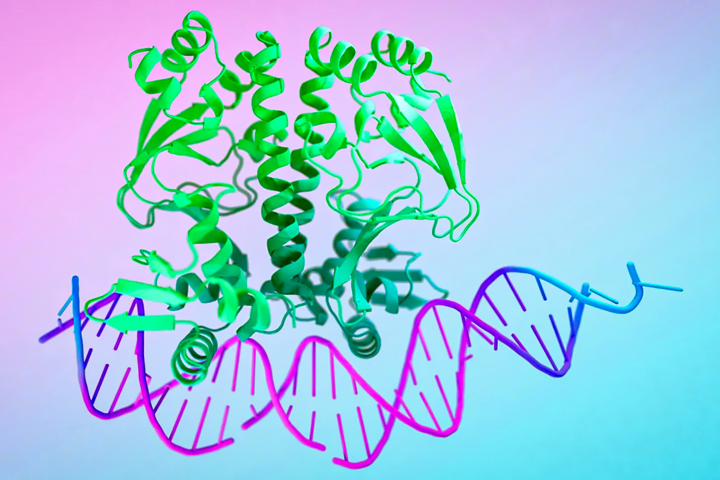 Like a pinch or two of salt at the dining table? Scientists warn that it comes with a significant cancer risk –
Like a pinch or two of salt at the dining table? Scientists warn that it comes with a significant cancer risk –
Worldwide, stomach cancer rounds out the top five most commonly diagnosed cancers. While incidence rates are highest in Eastern Asia, there’s been an alarming rise in the incidence of stomach cancer among people under 50 in both high- and low-risk countries, including the US, Canada and the UK.
While salt intake has been linked to dementia and the risk of type 2 diabetes, the jury’s still out on how it contributes to stomach cancer risk. Some studies suggest that high amounts of dietary salt disrupt the stomach lining, making it more susceptible to colonization by H. pylori bacteria, a well-known risk factor; others indicate a positive association between stomach cancer and the amount of salt consumed, independent of H. pylori infection.
There have only been a few studies examining the association between salt intake and gastric cancer, and the majority of those have focused on Asian populations. In a new study, researchers at the Medical University of Vienna (MedUni Vienna) looked at whether there was a link between adding salt to food at the table and the risk of stomach cancer in UK adults.
The researchers obtained data from the UK Biobank, a large population-based study of UK adults, for 471,144 individuals. The mean age of participants was 56, and 53.9% were female. Participants were asked, “Do you add salt to your food? (Do not include salt used in cooked)” and could answer “never/rarely,” “sometimes,” “usually,” “always,” and “prefer not to answer.” The researchers also collected data on participants’ stomach cancer status, H. pylori infection status, and whether they had co-existing medical conditions.
Over almost 11 years of follow-up data, there were 640 cases of stomach cancer. Taking into account demographic, socioeconomic, and lifestyle factors as well as co-existing conditions, participants who reported always adding salt to food at the table had a 41% increased risk of developing stomach cancer than those who never/rarely did.
“Our research shows the connection between the frequency of added salt and stomach cancer in Western countries, too,” said Selma Kronsteiner-Gicevic, from MedUni Vienna’s Center for Public Health and the study’s lead and corresponding author.
–
The researchers say that asking someone how much salt they add to their food at the table is a simple way for medical professionals to gauge salt intake. Moreover, it easily translates into a public health message that could help reduce overall salt intake by individuals and populations.
The study has limitations, as pointed out by the researchers. While a large cohort was used, case numbers weren’t high enough to evaluate the influence of potential modifiers like age, sex, ethnicity, H. pylori infection, or smoking status. As mentioned, H.pylori infection is a well-known risk factor for stomach cancer. The estimated prevalence of infection among UK Biobanks participants was 0.3% versus an estimated UK-wide prevalence of 35.5%, meaning that the effect of H. pylori infection “was most likely underestimated.”
There’s also the issue of not having detailed dietary data for all participants about the salt content of the food they ate.
“[W]e did not have data on salt intake via foods for the full UK Biobank cohort, although the present analyses in a subset of participants with detailed dietary data indicate that individuals, who add more salt are also more likely to consume foods with higher sodium content; thus, and given that dietary salt intake is prone to measurement error, true associations between salt intake and gastric cancer risk could be stronger than those observed in this study,” they said.
Despite its limitations, the study is instructive in linking the frequency of salt consumption to stomach cancer risk in non-Asian populations.
“We want to raise awareness of the negative effects of extremely high salt consumption and provide a basis for measures to prevent stomach cancer,” said study leader Tilman Kühn.
The study was published in the journal Gastric Cancer.
Source: Medical University of Vienna
–
























